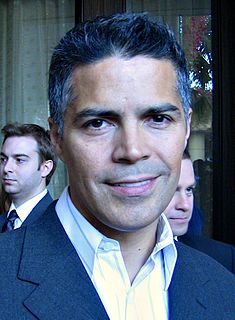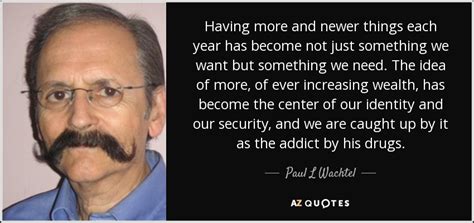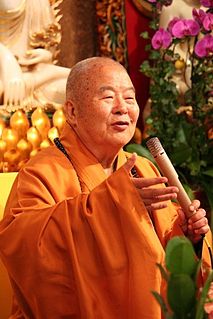A Quote by Russell Peters
The fans in Canada have been there since day one. They're the originals. When people say that's your roots, that's literally my roots. I've just cut this tree off and replanted it somewhere else and it started growing. But the roots are there.
Related Quotes
Consider a tree for a moment. As beautiful as trees are to look at, we don't see what goes on underground - as they grow roots. Trees must develop deep roots in order to grow strong and produce their beauty. But we don't see the roots. We just see and enjoy the beauty. In much the same way, what goes on inside of us is like the roots of a tree.
More and more, as civilization develops, we find the primitive to be essential to us. We root into the primitive as a tree roots into the earth. If we cut off the roots, we lose the sap without which we can't progress or even survive. I don't believe our civilization can continue very long out of contact with the primitive.
There's the tree with the branches that everyone sees, and then there's the upside-down root tree, growing the opposite way. So Earth is the branches, growing in opposing but perfect symmetry. The branches don't think much about the roots, and maybe the roots don't think much about the branches, but all the time, they're connected by the trunk, you know?
To my astonishment, everything that I had assumed was now questioned by the findings. What started off as a search for identity that appeared to be purely Scottish in origin ended up as a discovery of my migrant roots - indeed an understanding that almost all of our families, at some stage, have been migrants - and my European roots.
We are faced with having to learn again about interdependency and the need for rootedness after several centuries of having systematically-and proudly-dismantled our roots, ties, and traditions. We had grown so tall we thought we could afford to cut the roots that held us down, only to discover that the tallest trees need the most elaborate roots of all.
































